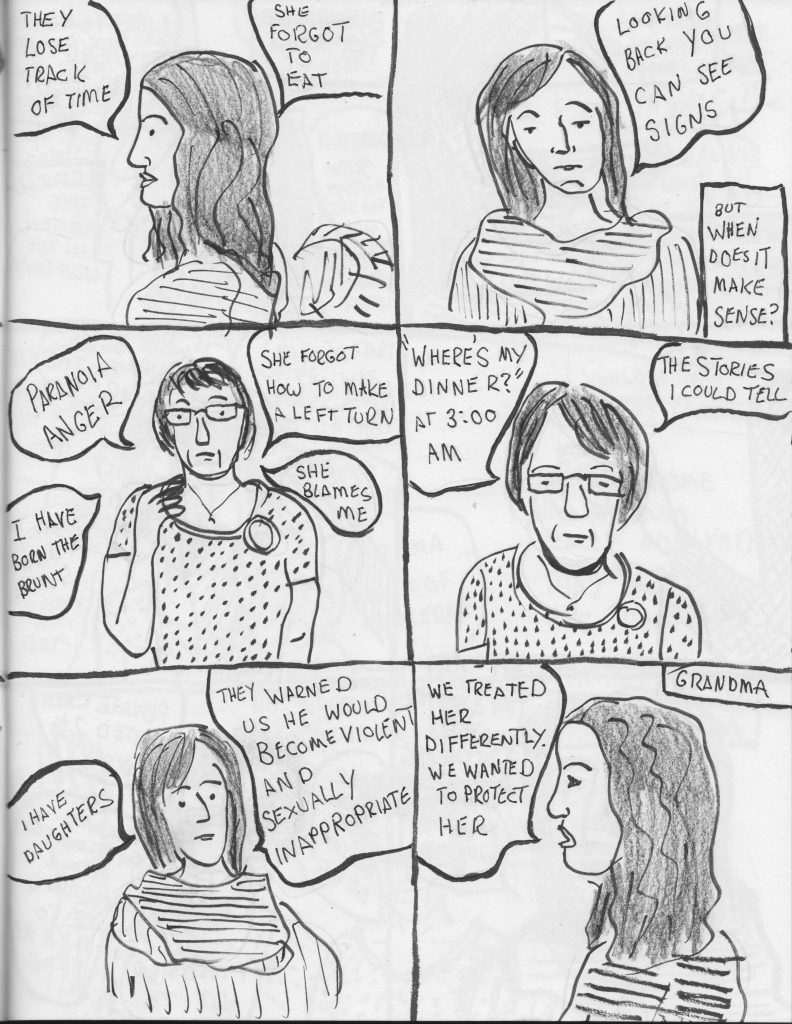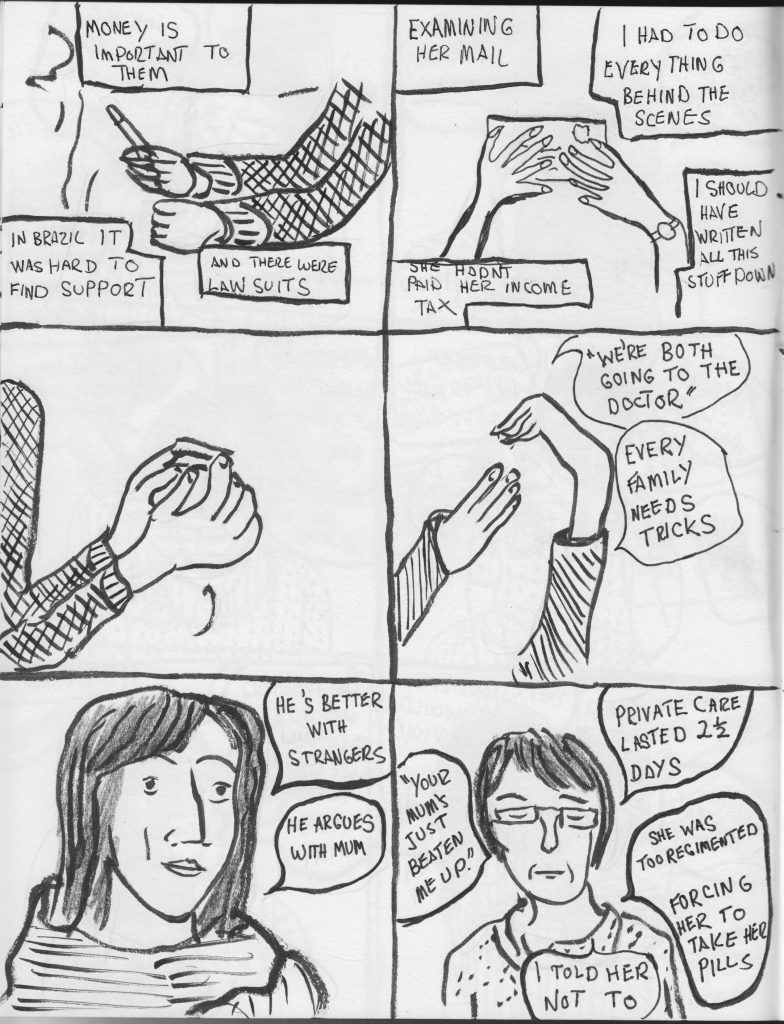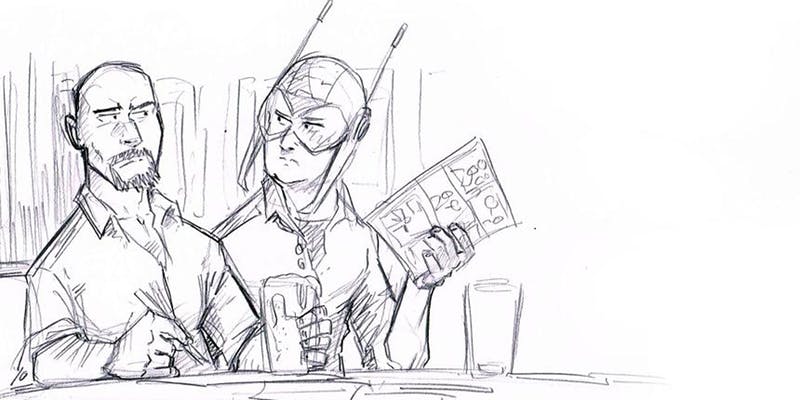
Creating Comics, Creative Comics is a 2-day academic symposium taking place on Friday June 1st & Saturday June 2nd 2018 at the University of South Wales, Cardiff.
Simon Grennan and Ernesto Priego will make a presentation on Saturday (panel 4) on the work done with Peter Wilkins et al on the Parables of Care project.
The title of the presentation is “Hypotactic correspondences between Yonkoma four panel manga, emotional ambiguity and story, in styling and drawing the comic Parables of Care: creative responses to dementia care (2018)”.
We will have hard copies of the Parables of Care comic to distribute freely.
The First USW Cardiff: Comics Symposium is interested in creator’s perspectives. It will explore comics and creativity and will examine the practice of creating comics, and the particulars of storytelling in comics.
Does changing a panel, change the story? How might a medium’s materiality affect its construction and reception? How do the theoretical and philosophical objectives of the maker inform and frame the construction of the works?
This symposium addresses these needs from the point of view of the creators involved in the production and creation of comics.
Symposium Schedule
Friday 1st June
09:30 Symposium Registration: Registration Desk, The Street, Atrium
10:30 Symposium Welcome with FCI Deputy Dean, Huw Swayne
10:45 PANEL 1 ~ Philosophy, Communicating Concepts
Dr Peter Hodges, The Last Temptation: A Consideration of the Role of Sound in Comics
Xiyuan Tan, Guoxue Comics: Visualising Philosophical Concepts and Cultural Values Through Sequential Narrative
Ian Hornsby, UCOs, or Beyond the Marriage of Philosophy and Sequential Storytelling
Dr Nathan Kilburn, Practice as Research: The Visual Aphorism
Chair: Corrado Morgana
12:30 LUNCH
13:30 WORKSHOP
Chris Phillips, Creating Comics – 5 Page Red Riding Hood
With Geraint D’Arcy
14:30 PANEL 2 ~ Perception and Re/presentation
Jeannette D’Arcy, Creating Canon: Fun Home and Transmedial Adaptation
Dr Robert Hagan, Touch Me/Don’t Touch: Female Archetypes in Ann Nocenti’s Daredevil
Chair: Madelon Hoedt
15:30 KEYNOTE
Dr Julia Round, Anonymous Authors, Invisible Illustrators, and Collaborative Creation: Misty and British Girls’ Comics
Saturday 2nd June
09:15 DAY 2 Welcome
09:30 PANEL 3 ~ Practice-As-Research
Dr Paul Davies, New Choices of the Comics Creator
Ahmed Jameel, Studying Writer-Artist Comics Collaboration: A Practice Based-Approach
Dr John Miers, Fortuitous Realism at Work and Play: The Role of Imaginative Projection in Developing a Cartooning Practice
Chair: Brian Fagence
11:00 PANEL 4 ~ Comics, Parables of Care and the Medical Self
Tony Pickering, Diabetes Year One: Drawing my pathography: comics, poetry and the medical self.
Dr Enesto Priego, Dr Simon Grennan and Dr Peter Wilkins, Hypotactic correspondences between Yonkoma four panel manga, emotional ambiguity and story, in styling and drawing the comic Parables of Care: creative responses to dementia care (2018).
Chair: Emily Underwood-Lee
12:00 LUNCH
13:00
CICE PRACTITIONER PANEL
Jon Davis-Hunt and Rob Williams
With Brian Fagence
14:00 PANEL 5 ~ History, Memoir and Autoethnography
Nick Dodds, Reframing the Graphic Memoir: How can the comic-strip artist negotiate modality and fidelity in the depiction of personal and historical narratives?
Dr Simon Grennan, Drawing in Drag: self-observation, the dissenting subject and stylistic reformation in the production of a new pseudonymous comic album
Chair: Geraint D’Arcy
15:00 ROUND TABLE / PLENARY
15:30 SYMPOSIUM END
*In association with Cardiff Indie Comic Expo. Registration for the symposium grants entry to CICE Saturday 2nd June.
Registration link: https://www.eventbrite.co.uk/e/creating-comics-creative-comics-tickets-45194337480

Parables of Care is a project of the Centre for Human Computer Interaction Design, City, University of London, The University of Chester, UK, and Douglas College, Vancouver, Canada.
Parables of Care can be downloaded as a PDF file, under a Creative Commons Attribution-NonCommercial 4.0 International License, from City Research Online: http://openaccess.city.ac.uk/18245/.
If you live in the UK you can request printed copies at no cost here.
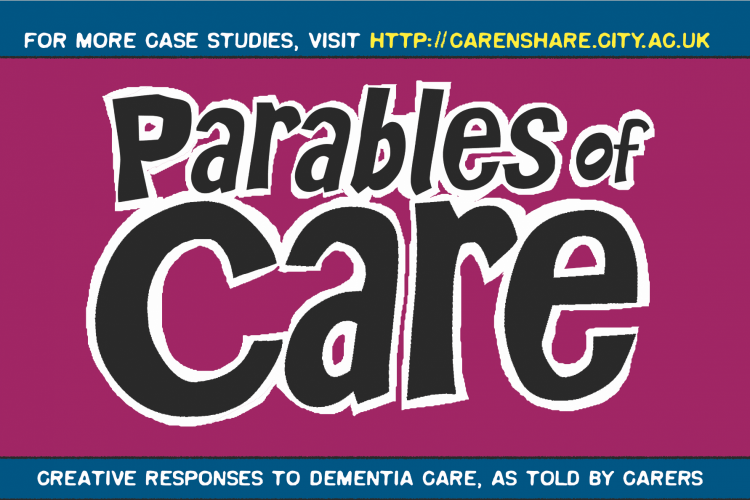





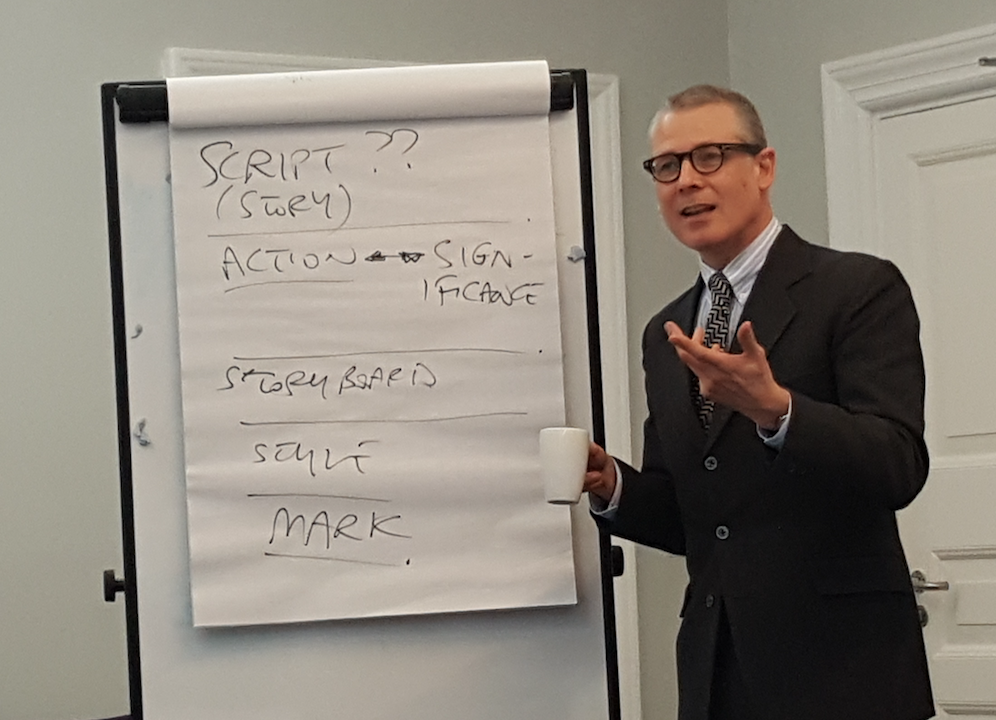


 What follows is a new update by
What follows is a new update by 